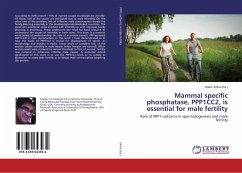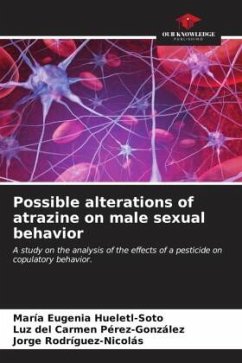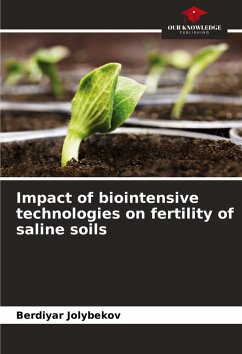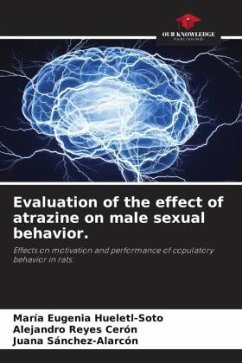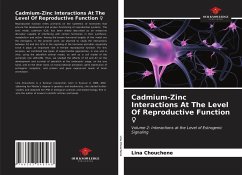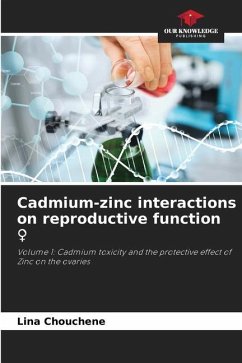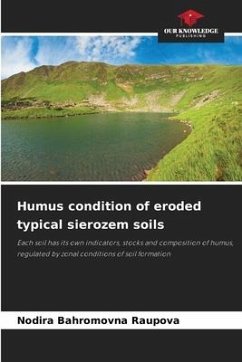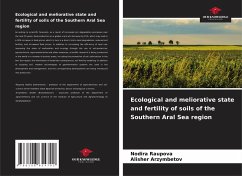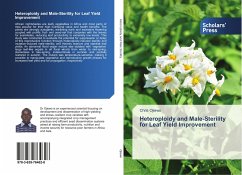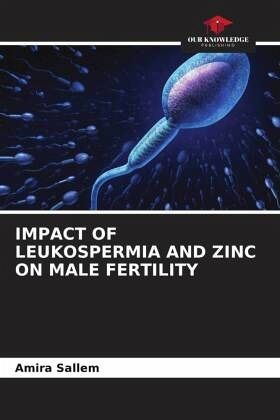
IMPACT OF LEUKOSPERMIA AND ZINC ON MALE FERTILITY
Versandkostenfrei!
Versandfertig in 6-10 Tagen
29,99 €
inkl. MwSt.

PAYBACK Punkte
15 °P sammeln!
We sought to investigate the effects of leukocytes and in vitro zinc therapy (2 and 6 mmol/l) on semen quality and seminal oxidative stress through a prospective study performed on 94 semen samples from patients attending the Laboratory of Cytogenetic and Reproductive Biology, Fattouma Bourguiba University Hospital (Monastir, Tunisia).The nitro blue tetrazolium test was carried out for superoxide anion estimation, the TUNEL (Terminal deoxynucleotidyl transferase mediated dUTP Nick End Labeling) assay for DNA fragmentation and the acridine orange assay for DNA denaturation. Total antioxidant st...
We sought to investigate the effects of leukocytes and in vitro zinc therapy (2 and 6 mmol/l) on semen quality and seminal oxidative stress through a prospective study performed on 94 semen samples from patients attending the Laboratory of Cytogenetic and Reproductive Biology, Fattouma Bourguiba University Hospital (Monastir, Tunisia).The nitro blue tetrazolium test was carried out for superoxide anion estimation, the TUNEL (Terminal deoxynucleotidyl transferase mediated dUTP Nick End Labeling) assay for DNA fragmentation and the acridine orange assay for DNA denaturation. Total antioxidant status and enzymatic antioxidants: superoxide dismutase and glutathione peroxidase were measured using an assay kit . Lipid peroxidation was evaluated by the Malondialdehyde production using the Thiobarbituric Acid method. Our study has shown that even a low amount of leukocytes may lead to sperm quality impairment whereas zinc may enhance sperm quality. For the treatment of leukocytospermia, zinc is recommended to be associated to antibiotics. Zinc seems to improve assisted reproductive techniques outcomes when added to embryo culture media.



